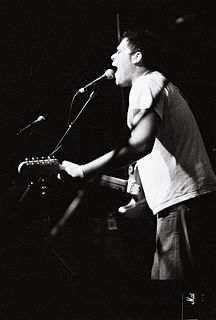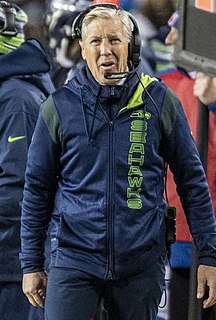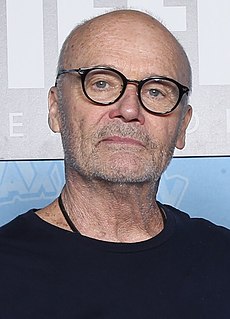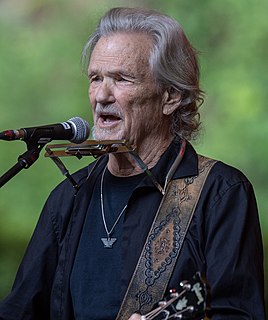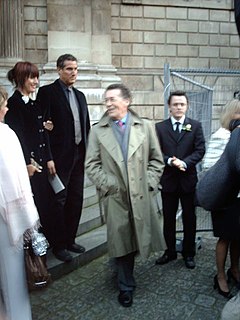A Quote by Peter Thiel
Facebook succeeded because it was about real people having a presence on the Internet. There were all these other social networking sites people had, but they were all about fictional people.
Related Quotes
Bands now are always trying to make their presence known through social networking and whatnot, but that's just the same as bands before the Internet age trying to connect with fans in some other way. But I don't follow people on Facebook, I think that's creepy. I wouldn't want them following me on Facebook. I don't even have a mailing list.
People generally worry about social networking more than they need to. In kind of consumer internet investing and on social and professional networks, I kind of look at time spending and time efficiency. You know, time saving sites. So on time spending sites, things where you play lots of games or that sort of thing, you might worry about a productivity loss if people are spending a lot of time doing that. So if there's a lot of kind of addictive gaming going on during work hours, that won't be as helpful to you.
I learned a tremendous amount about what was important to me as a head coach in that I was not in charge. I didn't have final say about what was going on, and I was always having to represent other people's views, and it was very difficult to be real, to be authentic, to be true because there were a number of people who had say about what was going on.
When I first went on [Facebook], I found there were five or six Creed Bratton sites. It was all over the place. I had to compete with other people saying they were me. It was nuts, so this is nice that people know that if they're gonna send something to me, I'm gonna be with my weird little mind looking at what they have to say. And what they're seeing is actually me.
I had said that Le Guin's worlds were real because her people were so real, and he said yes, but the people were so real because they were the people the worlds would have produced. If you put Ged to grow up on Anarres or Shevek in Earthsea, they would be the same people, the backgrounds made the people, which of course you see all the time in mainstream fiction, but it's rare in SF.
You look at the tremendous success of Facebook. To my mind there is not a lot of commerce going on in these social networking sites. eBay is a community anchored in commerce. It is a commerce site that built a community around it. What has not been proven is if the reverse can happen and people will go to community sites to do commerce.
We had so many milestones in America. We were on our way to universal healthcare. We had gay marriage. We were talking about gender fluidity and trans issues openly and discussing them with respect. It was almost to the point where educating people about transgender rights wasn't an issue. We were including trans people as a normal part of our conversations instead of seeing their presence as this shocking thing to the system. We forgot that those things can be taken away from you because there are people in the world that, for whatever f - king reason, can't live and let live.
'Heaven's Gate' was based on a true story about the cattle people: the people who had the money turned on the settlers who were in the area. And it was mainly a defense of their behavior. And the cattlemen's association had just about declared war on these people who were poaching cattle, and because they were mainly immigrants.

